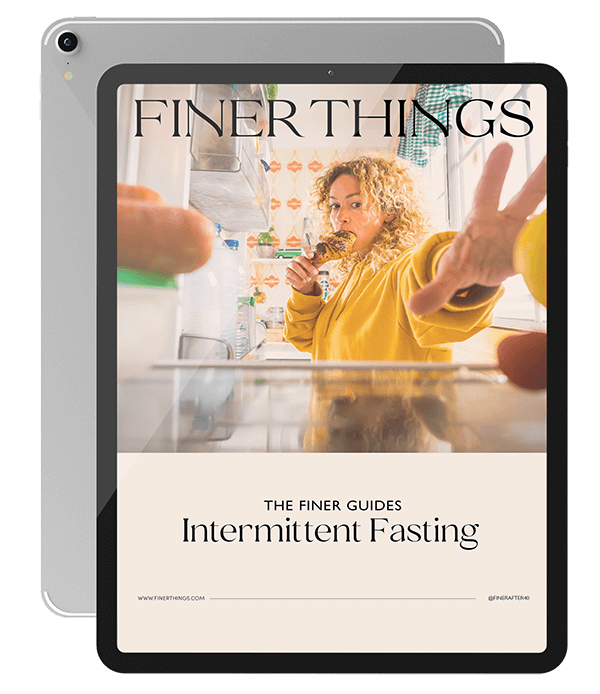Should I Explore Ethical Non-Monogamy? Try Our Monogamy Test

By Franki Hanke
A starting point for considering non-monogamy for yourself.
There is a bias against non-traditional, non-monogamous relationships. Yet, 20% of Americans experience some form of consensual non-monogamy in their lifetimes. Despite the stigma on non-monogamous relationships, they can be the best option. Consider this introduction your monogamy test, but it’s not so simple.
Since the representation of non-monogamous relationships is uncommon, recognize you might have unconscious bias. Be critical and thoughtful as you learn more.

Common Terminology Around Non-Monogamy
Before jumping into the questions below, some background on relationship styles might help. Loving relationships are personal and don’t have to fit strict definitions.
Monogamy:
A two-person exclusive relationship. Both monogamists are sexual and romantic only with each other.
Consensual Non-Monogamy (CNM):
An umbrella term for relationships that aren’t monogamous relationships. The distinction of “consensual” or “ethical” is to differentiate from cheating. All members involved agreed. This rationality stemmed from stigma against alternative types of intimate relationships.
Monogamish:
A loose term for monogamous relationships that allow for sexual situations with others. Often there are specific guidelines agreed upon together. These differ from couple to couple. For example, some allow for only specific kinds of sexual activity. Kissing and groping might be okay, but not penetrative sex.
Open Relationship:
An umbrella term for non-monogamous relationships. These focus on a primary relationship that is “open.” These relationships have a primary partner augmented by other relationships. The relationships started after “opening up” can be only sexual or sexual and romantic. Other terms like monogamish and swingers fit under this umbrella term.
Polyamory or Polyamorous:
Polyamorists have romantic and/or sexual partners at the same time. This may be a group of people who are all involved together or not. Some polyamorous relationships have one primary partner. Others have more than one primary. They may have comet relationships. Comet relationships are usually less involved in your life.
Some consider polyamory a sexual orientation. Others consider it a lifestyle choice.
Polygamy:
A marriage where one partner has more than one wife/husband. This is different than polyamorous relationships. Usually, one partner has additional partners while their primary partner does not. All members may not have the same relationship guidelines.
Our “Am I Monogamous Test?” to Start Thinking About Non-Monogamy

Are you currently in a relationship?
If so, is your exploration a response to your current relationship? Have you recently been dissatisfied with your ongoing arrangement?
Consider the source of your curiosity now. Non-monogamy is not a magic fix to a struggling monogamous relationship (or vice versa). If your focus is on re-starting your sex life, consider starting with that focus first before exploring non-monogamy.
How comfortable are you communicating your needs to your partner(s)?
All relationships rely on communication. But the more partner(s) involved, the more communication is required.
How comfortable are you communicating about sexual history?
One of the benefits of monogamy is the safety of fluid bonding. With one sexual partner, there’s minimal risk of sexually transmitted diseases (stis). Every new partner introduces new risks and requires communication.
Get The Finer Life
Our Sunday email has tips and content you will love – exclusively for our subscribers.
"*" indicates required fields
How would you feel about a romantic partner being excited for a date or encounter with someone else?
Did you have strong emotions to the idea of non-monogamy? Monogamy may be the most secure relationship structure for you.
However, our society sees monogamy as the assumption. Your reaction may be a result of unconscious bias. Learn more about ethical non-monogamy. Read The Ethical Slut and Building Open Relationships. Once you’ve learned more, reconsider the root of your reaction here.
Many polyamorous relationships consider “compersion” which is loosely an opposing term to jealousy. Compersion is joy or excitement for your partner having another relationship. Since monogamous people are seen as the “norm,’ it may take time to unlearn jealous tendencies.
What interests you about potentially having other partners?
Try to find the root of your curiosity.
-Are you interested in a kink or sexual activity that your partner isn’t?
Your starting place may be discussing this interest with your partner. Non-monogamy is a way to explore more sexual breadth than in a single relationship. In relationships where people have different kinks, multiple sex partners are beneficial.
-Do you often feel attracted or interested in multiple people?
We’re often told that this is wrong, but it’s normal. Non-monogamy is a way to find more satisfaction without relying on one person to fulfill all your needs.
-Do you have needs that aren’t met by a single relationship?
Different libido or attachment styles aside, people simply have different needs. A different relationship type can lead to a stronger relationship where all members are happier.
-Do you want more sexual relationships? In what contexts?
Consider what you’d like.
Do you fantasize about other people with your primary romantic partner (like a threesome)? You might want to explore swinging. That is an open, sexual relationship usually explored with your partner.
If you want to explore polyamory, explore other relationship structures.
If you’re interested in non-monogamy, don’t be afraid to explore it.
If you’re currently in a monogamous, romantic relationship, it’s more complicated. Start communication early and with love and patience. Be clear about why you want to explore this. Reiterate that nonmonogamy doesn’t mean a break up or that you love your primary partner any less. This decision is personal. It’s not as simple as an Am I Monogamous quiz, really. Instead, you have to look within yourself.
For more advice on love and relationships, continue reading our Relationship articles.

Want a Free Guide?
You will receive our free 19-page guide and access to our exclusive content, private invitations, and tips you’ll love.
"*" indicates required fields
Facebook Group




